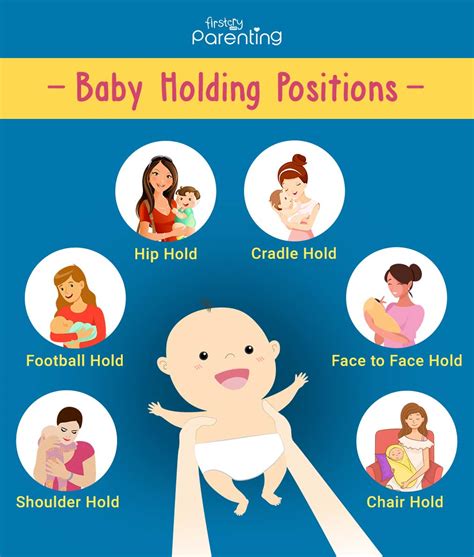Introduction:

Myanmar, formerly known as Burma, is a captivating Southeast Asian country renowned for its ancient temples, stunning landscapes, and rich cultural heritage. However, in recent years, concerns about the country’s political stability and security have led to questions about the safety of travel. This comprehensive guide will delve into the current safety situation in Myanmar, providing a thorough analysis of the risks and precautions to ensure a safe and enjoyable journey.
Recent Political and Social Developments:
In February 2021, Myanmar’s military seized power in a coup, sparking widespread protests and international condemnation. The junta government has implemented strict measures, including internet shutdowns, curfews, and limitations on freedom of speech.
Crime and Safety Concerns:
Despite the political unrest, Myanmar remains a relatively safe destination for travelers. Violent crime is rare, and petty crimes such as pickpocketing and theft can be avoided by taking standard precautions. However, it is crucial to be aware of certain areas where political demonstrations and clashes may occur.
Tourist Destinations and Safety Tips:
Major tourist destinations such as Yangon, Mandalay, Bagan, and Inle Lake generally experience low levels of crime. It is advisable to exercise caution when traveling to remote areas, particularly during the night. Here are some safety tips to consider:
- Avoid political gatherings and large crowds.
- Be aware of your surroundings and trust your instincts.
- Keep valuables hidden and avoid carrying large sums of money.
- Inform someone of your itinerary and check in with them regularly.
- Learn basic Burmese phrases to communicate with locals.
Health and Medical Facilities:
Myanmar’s healthcare system faces challenges, particularly in rural areas. Basic healthcare is available in major cities, but travelers may encounter limited access to advanced medical facilities. It is essential to purchase comprehensive travel insurance and carry a well-stocked first-aid kit.
Insurance and Emergency Assistance:
Travel insurance is highly recommended to cover unforeseen events such as medical emergencies, lost luggage, and trip cancellations. It is advisable to register your trip with your embassy or consulate and carry contact details for emergency assistance.
Visa and Entry Requirements:
Most nationalities need a visa to enter Myanmar. The visa application process is straightforward and can be completed online or at the nearest embassy or consulate. Visitors should ensure their passports are valid for at least six months beyond the intended duration of stay.
Weather and Climate:
Myanmar experiences a tropical monsoon climate with distinct wet and dry seasons. The best time to visit is during the dry season from October to April. Heavy rainfall and potential flooding occur during the monsoon season (May to September).
Cultural Considerations:
Myanmar has a vibrant and ancient culture. It is essential to respect local customs and traditions. Dress modestly, especially when visiting religious sites. Learn a few basic Burmese phrases to enhance your interactions with locals.
Other Safety Considerations:
- Avoid drinking tap water and opt for bottled water instead.
- Protect yourself from insects by using mosquito repellent.
- Be aware of potential scams and do not engage with strangers offering unsolicited services.
- Take care when swimming in lakes or rivers, as there may be hidden currents or obstacles.
Conclusion:
While Myanmar has experienced political instability in recent years, the overall safety situation for travelers remains relatively favorable. By taking appropriate precautions, embracing cultural sensibilities, and staying informed about local developments, visitors can enjoy a safe and memorable journey in this captivating and enigmatic country. Remember to prioritize safety, be respectful of the local culture, and create lasting memories in the heart of Southeast Asia.
FAQs:
-
Is it safe to visit Yangon in 2025?
Yes, Yangon is generally safe for travelers. Exercise caution in crowded areas and avoid political gatherings. -
Can I still travel to Mandalay during the political unrest?
It is advisable to stay informed about the latest developments and exercise extra caution when visiting Mandalay. -
Do I need to worry about health risks in Myanmar?
While healthcare facilities may be limited in rural areas, basic healthcare is available in major cities. Carry a first-aid kit and purchase comprehensive travel insurance. -
What are the visa requirements for entering Myanmar?
Most nationalities require a visa for entry. The visa application process is straightforward and can be completed online or at the nearest embassy or consulate. -
Is it safe to drink tap water in Myanmar?
No, it is not advisable to drink tap water in Myanmar. Opt for bottled water instead. -
What are some safety tips for women travelers in Myanmar?
Dress modestly, avoid walking alone at night, and trust your instincts. Inform someone of your itinerary and check in regularly. -
Can I use credit cards in Myanmar?
Credit card acceptance is limited in Myanmar. Carry enough cash and exchange it at authorized currency exchange counters. -
Is it safe to travel to remote areas in Myanmar?
Exercise extra caution when traveling to remote areas, particularly at night. Inform someone of your itinerary and consider hiring a local guide.















